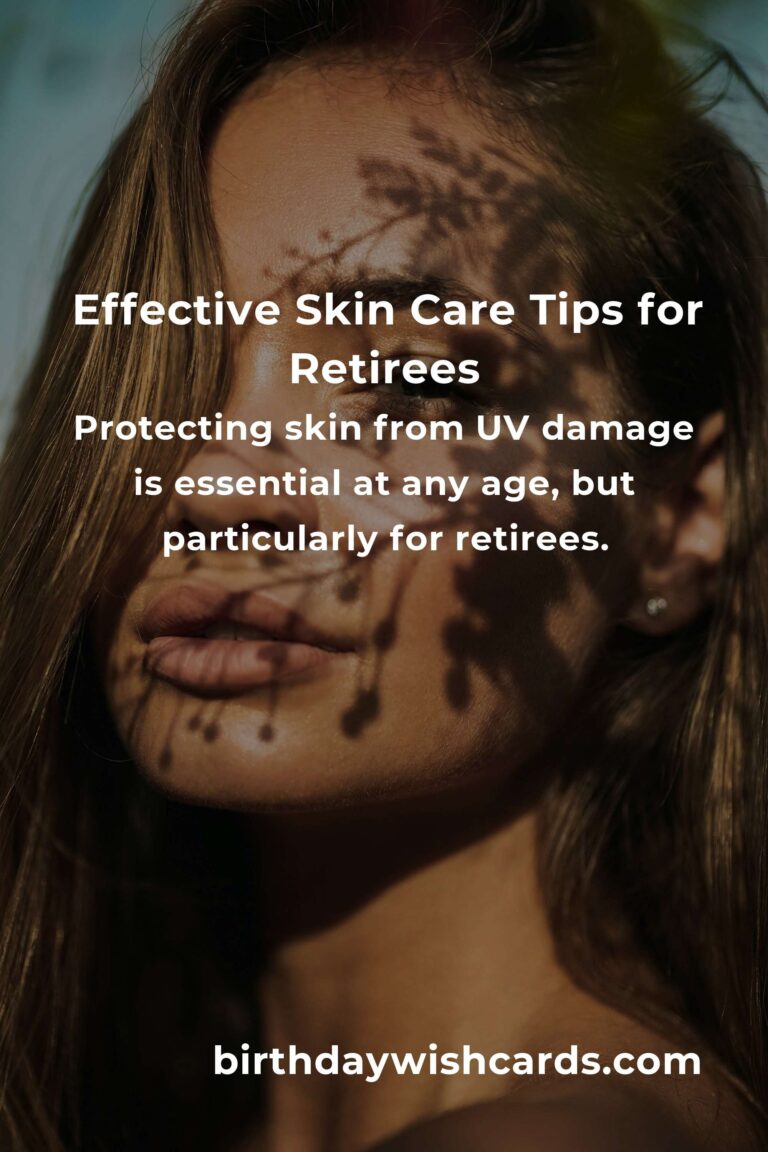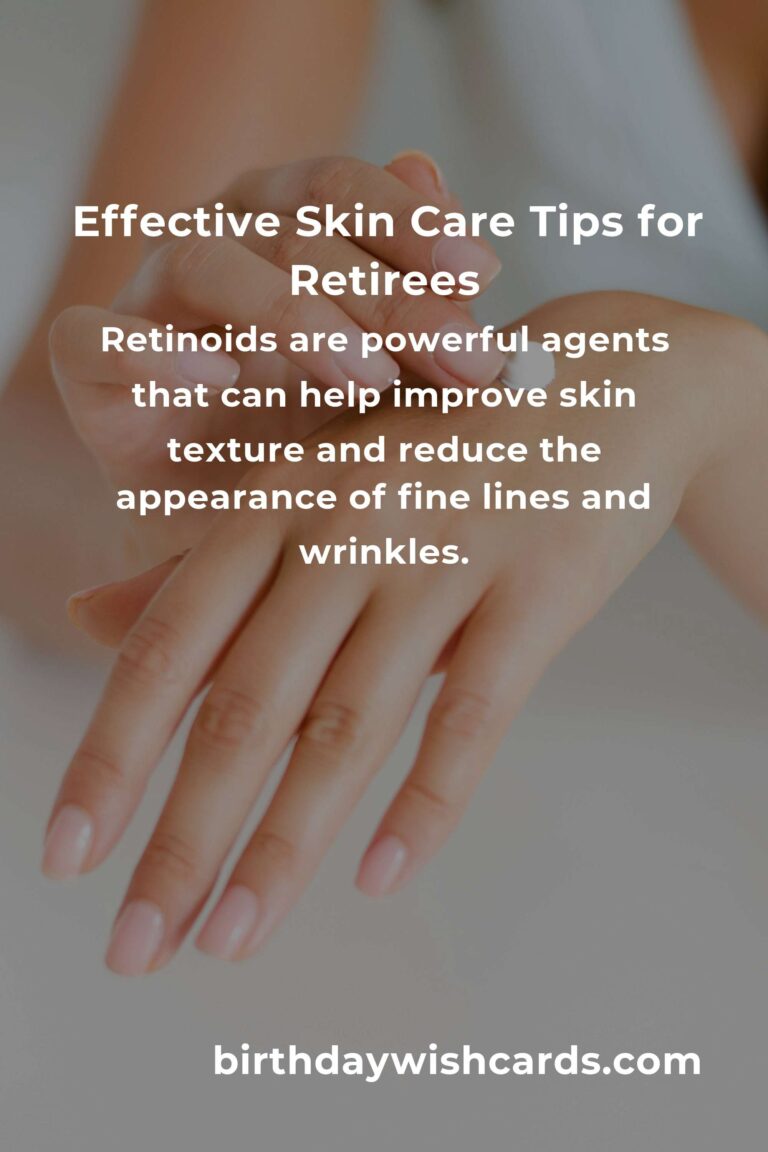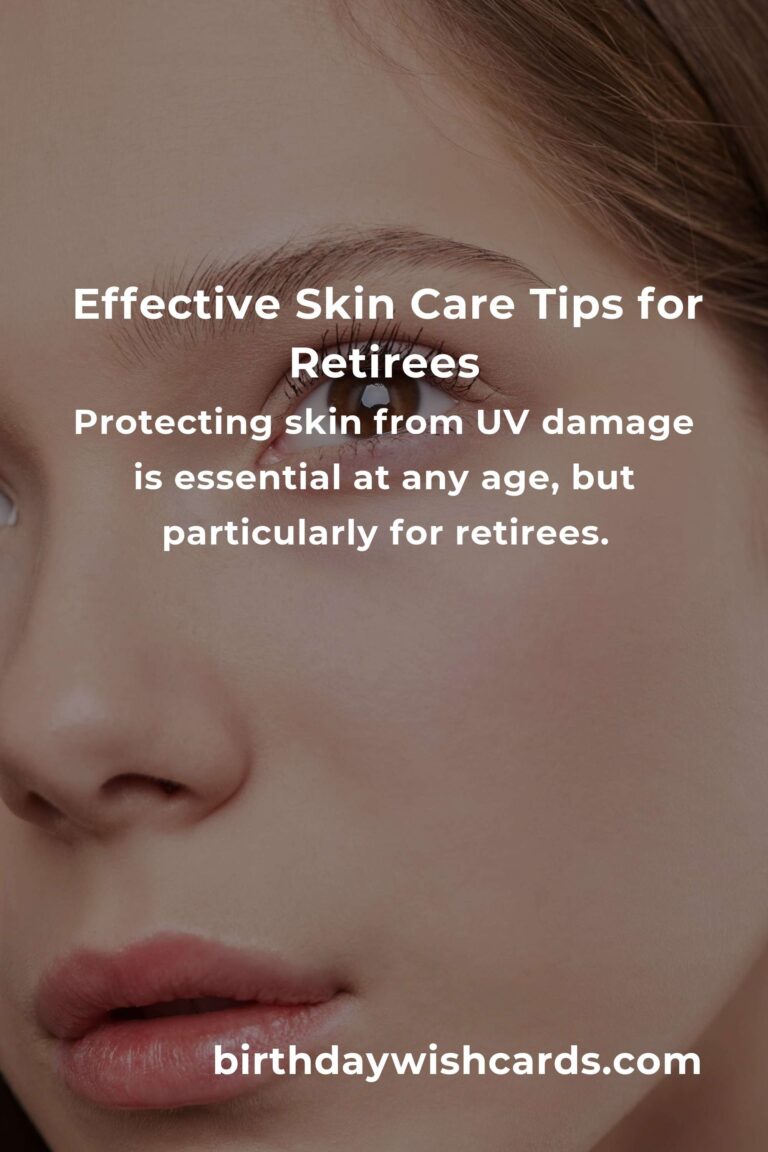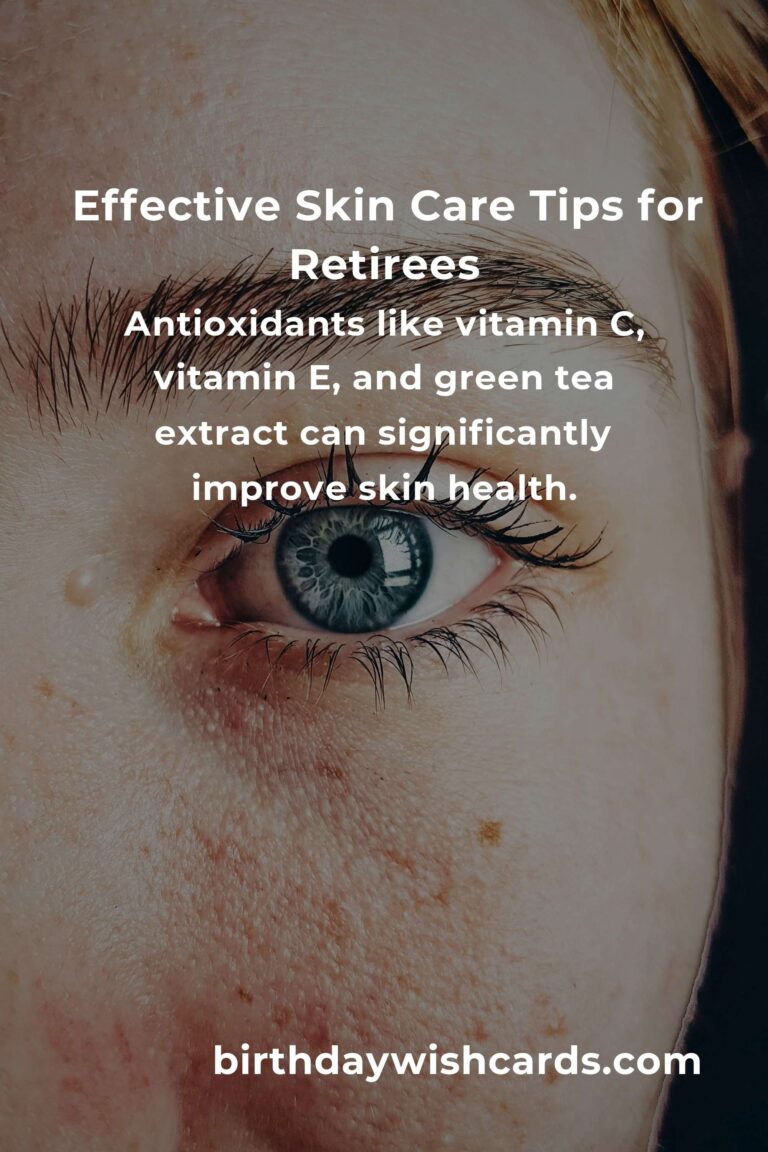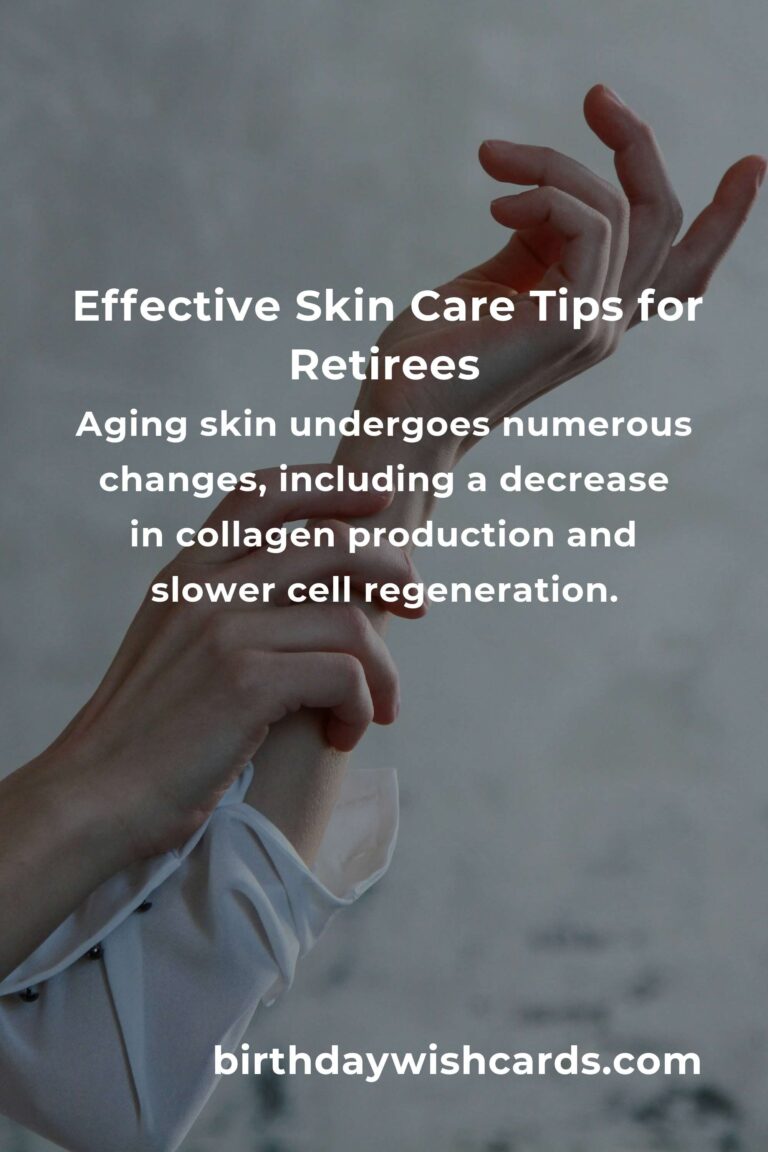
Understanding Aging Skin
Aging skin undergoes numerous changes, including a decrease in collagen production and slower cell regeneration. These changes can lead to wrinkles, dryness, and a loss of elasticity. Understanding these natural processes helps in selecting the right skin care regimen for retirees.
Importance of Hydration
Hydration is crucial for maintaining healthy skin, especially as we age. Drinking plenty of water and using moisturizers that lock in moisture can prevent dryness and improve skin texture. Look for products containing hyaluronic acid and glycerin, which are excellent for retaining moisture.
Choosing the Right Cleanser
Using a gentle cleanser that doesn’t strip the skin of its natural oils is important for aging skin. Retirees should opt for cream-based or oil-based cleansers that cleanse without causing irritation.
Sun Protection
Protecting skin from UV damage is essential at any age, but particularly for retirees. Using a broad-spectrum sunscreen with at least SPF 30 can prevent further damage and reduce the risk of skin cancer. Sunscreens with added antioxidants provide extra protection by neutralizing free radicals.
Incorporating Antioxidants
Antioxidants like vitamin C, vitamin E, and green tea extract can significantly improve skin health. These ingredients help protect against environmental damage and promote a youthful appearance. Incorporating serums or creams with these ingredients can be beneficial for retirees.
Regular Exfoliation
As cell turnover slows with age, regular exfoliation can help remove dead skin cells and promote new cell growth. Retirees should use gentle exfoliants, such as those containing lactic acid or fruit enzymes, to avoid irritation.
Retinoids for Skin Repair
Retinoids are powerful agents that can help improve skin texture and reduce the appearance of fine lines and wrinkles. Retirees should consider incorporating retinoids into their nightly routine, starting with a low concentration to minimize irritation.
Healthy Lifestyle Choices
Maintaining a healthy lifestyle is crucial for good skin health. A balanced diet rich in fruits, vegetables, and omega-3 fatty acids can support skin health from the inside out. Additionally, adequate sleep and regular exercise contribute to a more vibrant complexion.
Consulting with Dermatologists
Regular consultations with a dermatologist can help retirees tailor a skin care routine that meets their specific needs. Professional advice ensures that the products and treatments are suitable for their skin type and concerns.
Aging skin undergoes numerous changes, including a decrease in collagen production and slower cell regeneration.
Hydration is crucial for maintaining healthy skin, especially as we age.
Protecting skin from UV damage is essential at any age, but particularly for retirees.
Antioxidants like vitamin C, vitamin E, and green tea extract can significantly improve skin health.
Retinoids are powerful agents that can help improve skin texture and reduce the appearance of fine lines and wrinkles.
#SkinCare #RetireeSkinCare #AgingGracefully #HealthySkin


